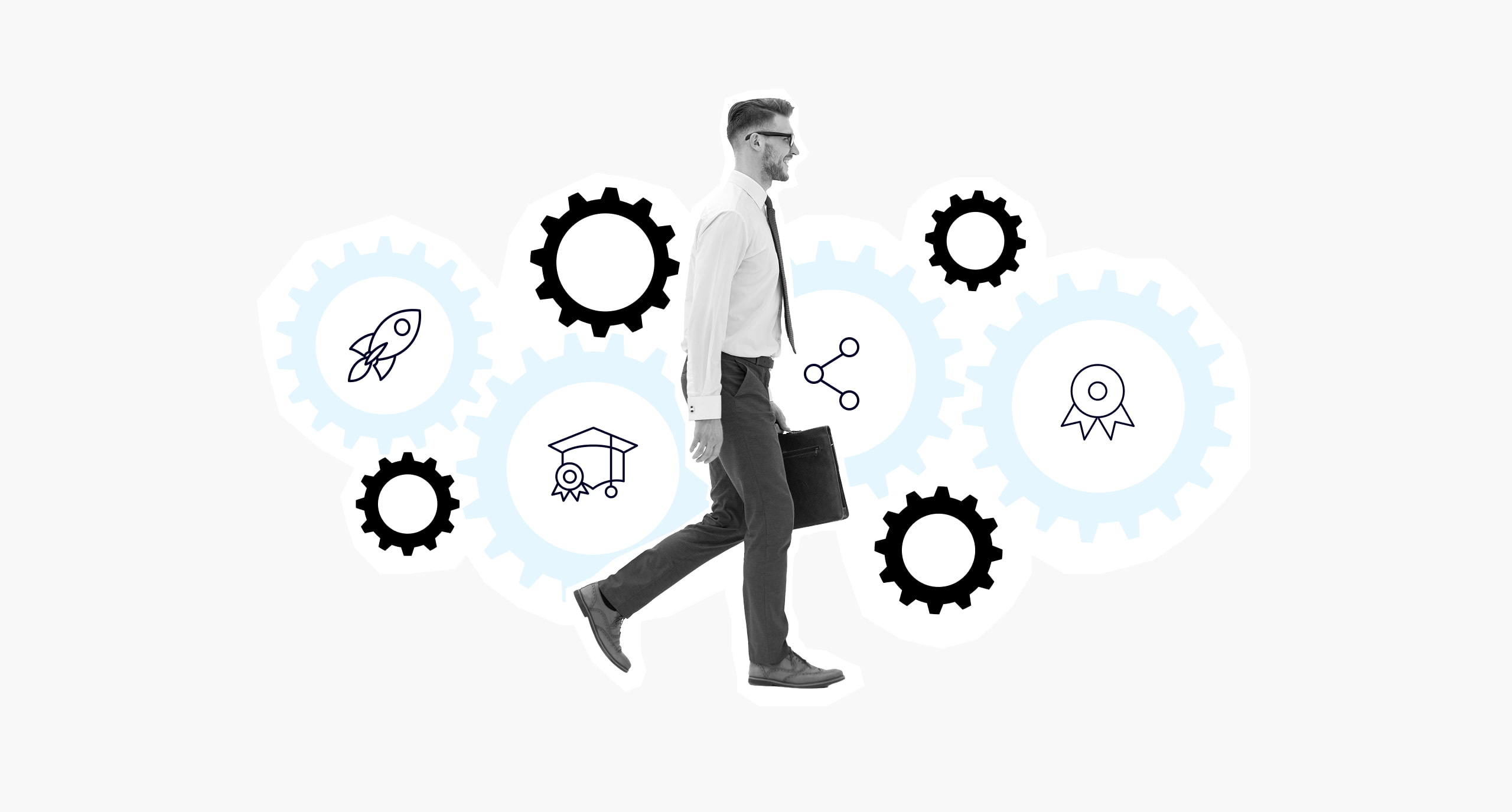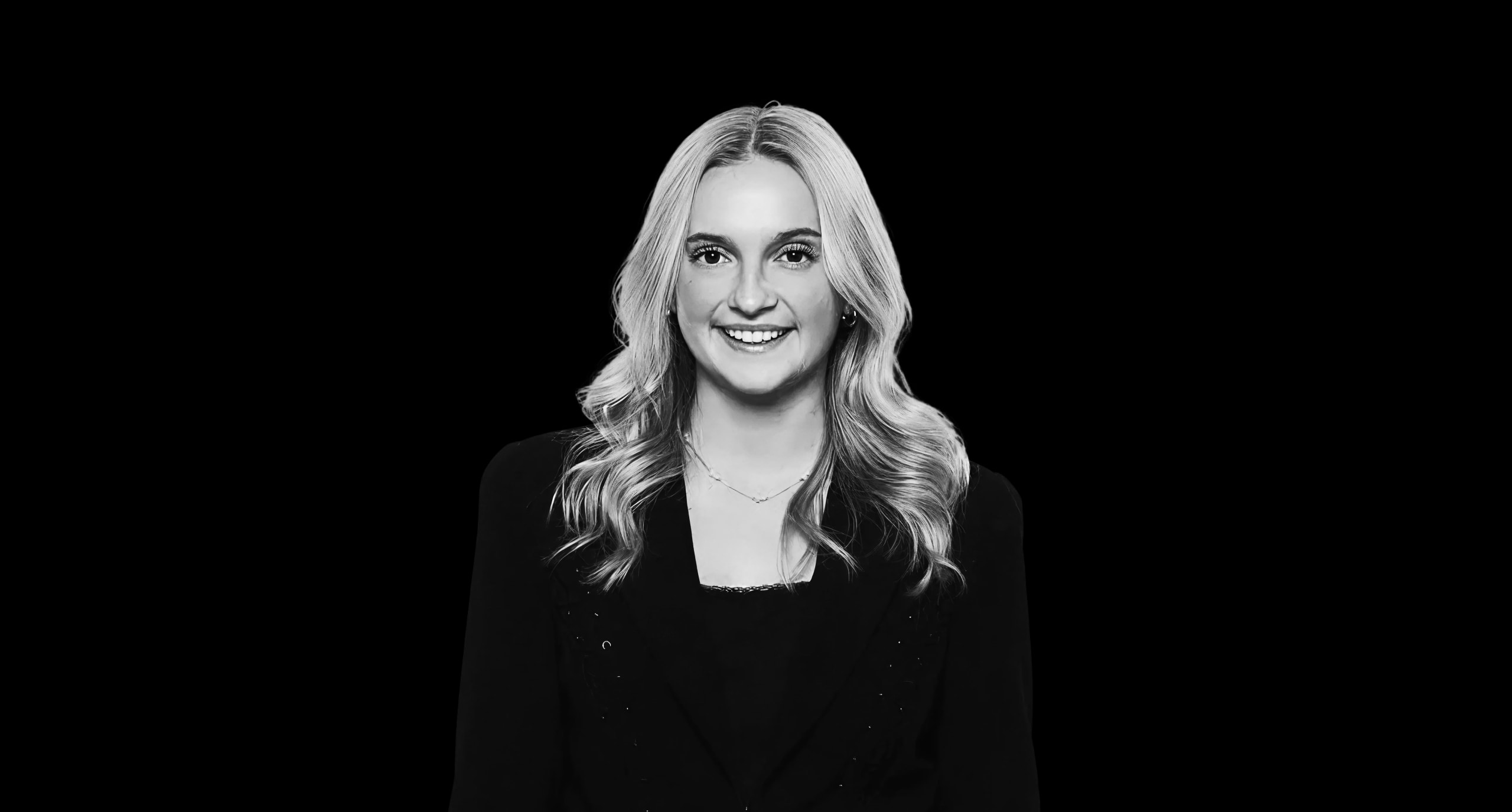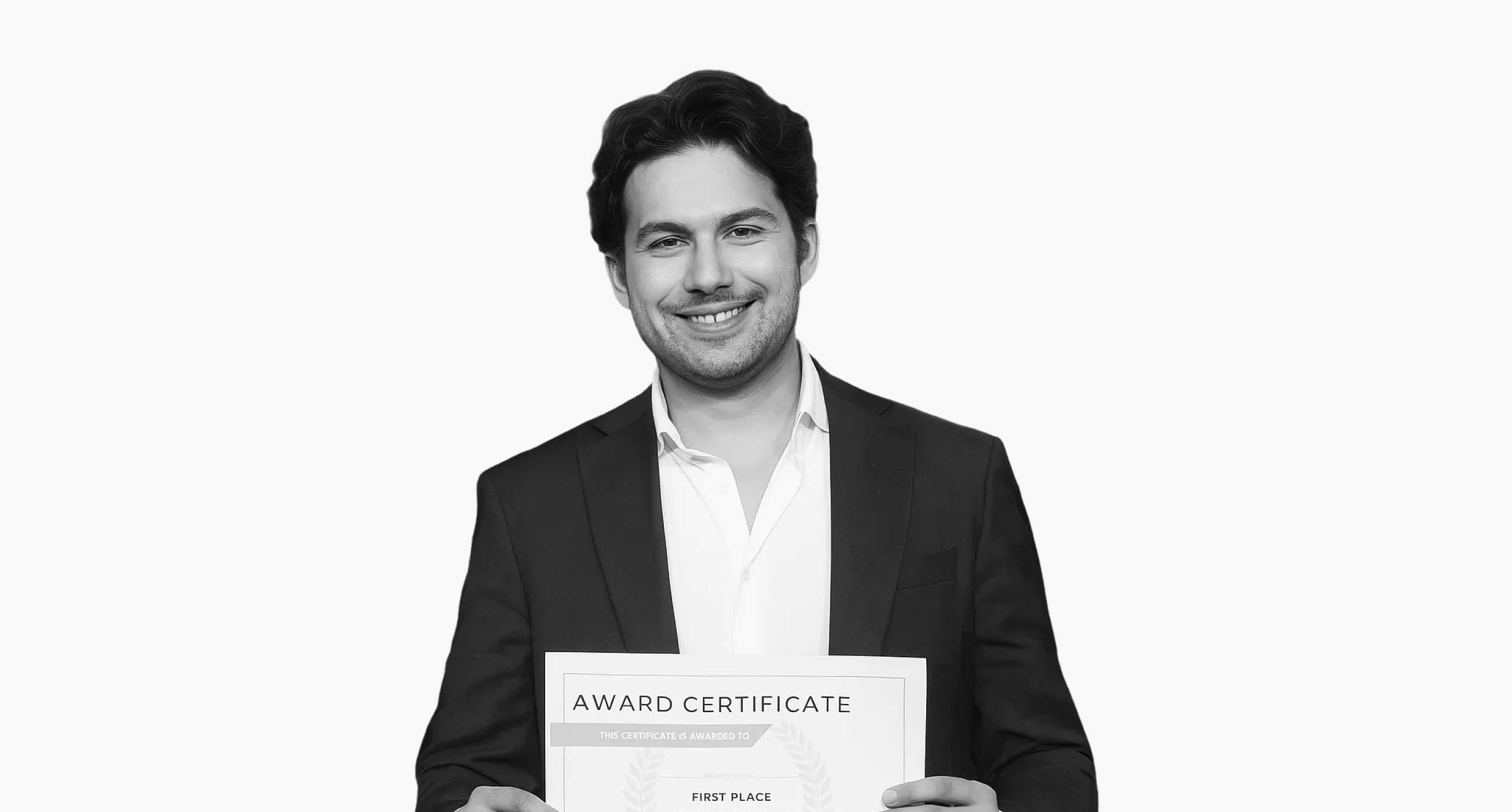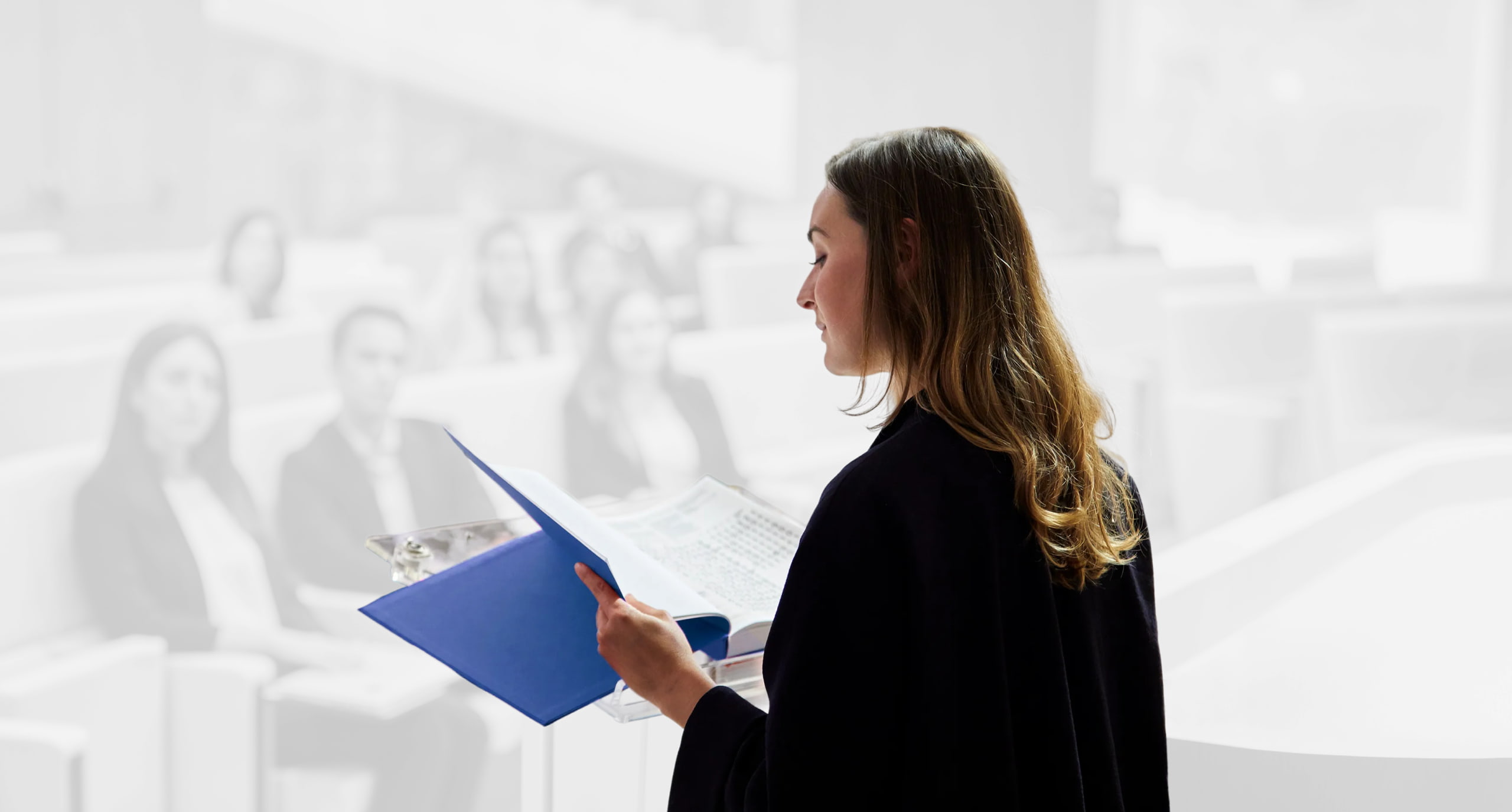The Master in Market Research and Consumer Behavior is one of the various marketing, communication and sales programs on offer at IE University. Designed to train professionals to dive into the complex minds of consumers, the program combines business, marketing, data analytics and consumer behavior strategies into both the quantitative and qualitative sides of market research today. The hands-on approach gives students the opportunity to think like a consumer and learn their behavior from experts in the field.
As part of the curriculum, neuroscientist and biopsychologist, Sam Hernández García, shares her real-world experience through practical training in her neuromarketing course. Based between Madrid and London, Sam divides her time between medical research, applied neuroscience and academia.
Sam describes her journey to neuromarketing as “sheer luck.” With a career that has been anything but linear, Sam originally intended to merge neuroscience, AI and health in the corporate world. But she quickly realized that organizational cultures often work against our brains’ functions and wanted to learn how to make them more brain-friendly.
As she gained her expertise in the field, she began to teach about the female brain in Saudi Arabia.
A friend who had studied at IE told her to check out IE University, and Sam figured since she was already teaching in one institution, why not add a highly renowned, global one where she could also make an impact?

“I think we need to further understand how we make decisions and how biased our decisions actually are. In fact, 95% of our decisions today as healthy adults living in the 21st century are unconscious,” she reminds us. So with that on her mind, Sam wanted to help students detangle what shapes and influences our behaviors and the role that the brain plays in persuasion and influencing. Part of that is diving into what’s happening at an unconscious level that shapes our decision-making processes when it comes to purchases, for example.
“Many of our decisions are overruled by nature and nurture, including the society we live in, our information diet, or the narrative we create for ourselves,” according to Sam. She goes on to explain that neuromarketing tells us how our brains are being reshaped and rewired, giving us the tools to measure things that would normally be very abstract and highly subjective.
Sam’s classes are highly engaging for students because she, with permission of course, uses real-world experiences and case studies. She shies away from the scientific terms, as she doesn’t want to lose her students’ attention, and instead brings real case scenarios to the classroom.
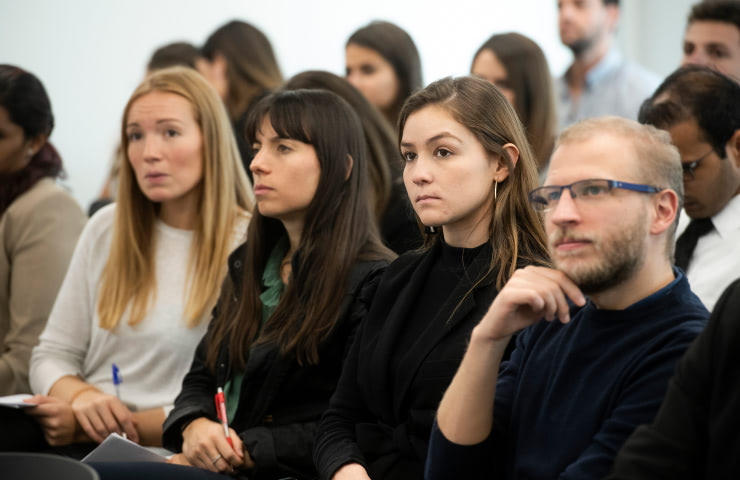
“I work a lot with elite sport clubs, FMCG companies, automotive companies and in the court system, and I bring those cases to the classroom. How do you attract this population? How do you interpret this data? How do you work within the right ethical framework?”
Sam challenges her students to look at these cases and answer each of these questions along the way.
Helping her students understand the sheer magnitude of the unconscious is one of the biggest goals Sam has for her course. She encourages them to break the barriers of predictability and dive into the inner workings of what lies between their ears on a day-to-day basis. “Our behavior changes based on the time of day, the weather, our hydration and nutrition levels, etc. We need to normalize how we are deeply affected by our surroundings.”
The Master in Market Research and Consumer Behavior itself is very practical, and Sam uses this approach to her advantage.
“My class needs to be practical. If it’s too dense and overly data-driven, students will not be able to fully engage with the content. Our brains are changing rapidly, and I have to reflect that change so I keep my students switched on and curious.”
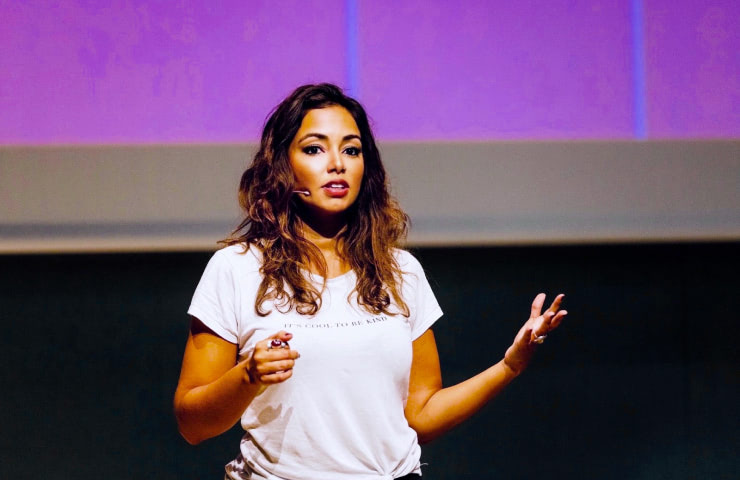
With today’s competitive market, Sam hopes to give her students the tools to stand out from the crowd. As the brain continues to be an organ that is medically a mystery, she wants to help students gain a newfound passion for research. She often brings her students on board for internships at her own company if they show interest in a specific topic.
Sam would encourage students who are interested in neuromarketing to come prepared to open their own minds while they learn about the minds of others. There may be times when tapping into the unconscious feels uncomfortable, but there will also be moments that will blow students away. In simpler terms, “Be ready to be challenged and have a lot of fun in the process.”
The Master in Market Research and Consumer Behavior shapes you for success
Learn how this unique program helps prepare you for a future career in market research.

